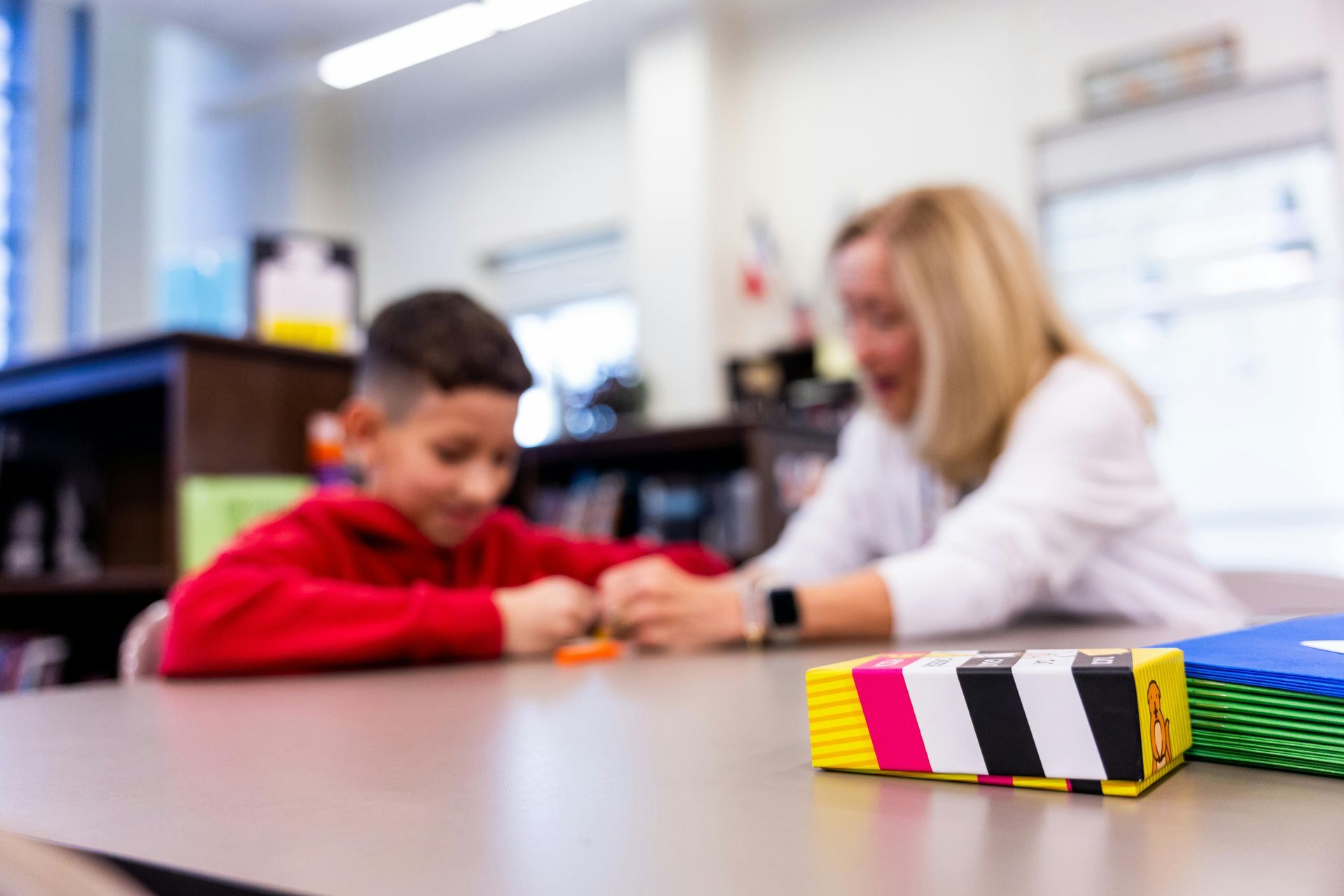The Great Debate: What Is Your View?
Ah, we've hit that crucial period. Exam season has officially started, and classrooms are buzzing with an electric mix of anticipation and apprehension. Across Australia, students and teachers are in the thick of it, facing assessments that will undoubtedly shape futures.
The continuing question remains: are these exams a help or a hindrance?
The Student Perspective
From a student's viewpoint, exams offer a rigorous framework that measures their understanding of the syllabus. These assessments don't just evaluate what you know; they also serve a very practical purpose. Good grades can be your ticket to University scholarships or placements in selective programs. But beyond the academic rewards, there's an emotional journey that accompanies the final senior exams. In essence, final senior exams are more than just assessments; they are a rite of passage, a testament to the student's capabilities, and a launching pad for their future successes.
However, let's not gloss over the drawbacks. The immense pressure to do well can weigh heavily on students, often affecting their mental well-being. Moreover, exams capture just a glimpse of a student's abilities at a specific time and may not represent their overall skills. And what about those who simply don't excel in exam conditions? They're already at a disadvantage before the exam timer even starts ticking.
The Teacher's Take
Certainly, teachers, too, have their unique challenges during exam periods. While they may not be the ones marking the exams, the stress levels are not to be dismissed lightly. However, it's essential to recognise that these challenges also bring opportunities for growth and reflection. Exams serve as a valuable tool to assess teaching effectiveness and identify areas for improvement. This process can lead to valuable insights and professional development.
Moreover, a teachers' dedication to preparing their students for exams showcases their commitment to their students' success. While there may be a focus on exam-specific content, this dedication highlights the teacher's role in guiding students through important milestones. It's a testament to their hard work and dedication to nurturing young minds. In this context, exam periods become a time for teachers to showcase their expertise and dedication to their craft. While the stress may be present, it's an opportunity for teachers to shine and make a lasting impact on their students' academic journeys.
So, Where Do We Stand?
With exams already upon us, the debate around their pros and cons is hotter than ever. They bring structure and standardisation to education across Australia, and they help prepare students for the future. But the cons—stress, limited scope, and inequalities—add significant complications to the picture. Could alternative methods, like project-based assessments or year-round evaluations, be the answer?
An emerging trend in education, embraced by several countries worldwide, is the exploration of alternative assessment methods, such as project-based learning and year-round evaluations. These approaches prioritise holistic learning experiences, focusing on real-world applications of knowledge and fostering skills like critical thinking, problem-solving, and collaboration. Countries like Finland, for instance, have shifted away from standardised exams in favour of a more comprehensive and continuous evaluation system. By considering these alternative assessment methods, schools can open the door to a more inclusive and diverse educational landscape. Project-based assessments encourage creativity and innovation, allowing students to showcase their talents in ways that traditional exams may not capture. Year-round evaluations could also provide a more accurate and ongoing measurement of a student's progress, reducing the pressure associated with high-stakes exams.
Wrapping it Up
The conversation about end-of-year exams is complex and multi-faceted, with compelling arguments on either side. Maybe it's time to consider a balanced approach—one that retains the traditional structure of exams while also introducing more holistic methods of assessment. As we navigate this challenging period, we're particularly keen to hear from teachers. You're on the front lines, juggling your own workload and the emotional rollercoasters of your students. What are your views on end-of-year exams? Your insights could provide invaluable context to this ongoing debate.










